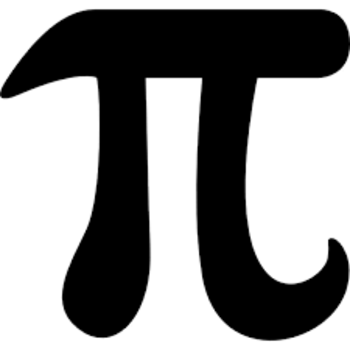How do viruses harm cells?
2 Answers
They cause significant damage to the host cell's health, eventually leading to death if left untreated.
Explanation:
Viruses are non-living are structures of genetic material (RNA or DNA) that are normally harmless.
However, if a virus infects an organism, the virus becomes a threat to the organism's health.
This is due to their property of "hijacking/borrowing" the organism's ability to reproduce cells. Of course this is not for all viruses but for a large amount.
The effects of this process leads to many possibilities, all leading to death unless treated.
Viruses can be treated by taking vaccines, though this is only useful before being infected. Once you are infected, it is up to organism's immune system to fight the virus.
If it helps, think of viruses as a seed in a pot. Once the seed has been planted (infects an organism), the seed grows and grows. Eventually it grows so much that the plant is too large to be contained in the pot.
This is on a grander scale, but it is just the same at the cellular level.
A virus would use the cell's ability to reproduce. This results in viruses being reproduced, rather than a cell.
Hope this helps :)
Few ways.
Explanation:
The viruses can burst out of the cell when there are sufficient quantities. They are also detected by cells even when inside. Cells can present an antigen (small fragment) of the pathogen on its cell surface membrane which will encourage the action of white blood cells. These cells can initiate programmed cell death or apoptosis to prevent further viral replication.
Depending on the level of study, you could search MHC class molecules and specific white blood cells such as T helper 1 and 2 and cytotoxic T cells.
Hope that helps!


